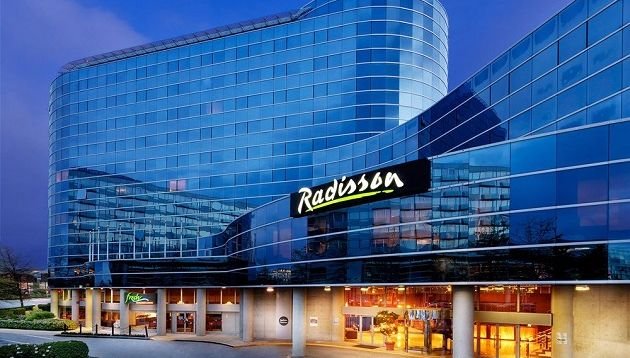Radisson’s Landmark Entry Marks a New Chapter for Tanzania’s Tourism Economy

Radisson Hotel Group has officially planted its flag in Tanzania, unveiling plans to open two hotels in Dar es Salaam and Mwanza. More than a hospitality milestone, the move signals a strong vote of confidence in Tanzania’s economy, tourism sector, and urban growth trajectory.
The group announced in 2024 that it will add over 330 rooms in Dar es Salaam and nearly 200 in Mwanza, with both properties expected to open their doors by 2025. For Tanzania, whose tourism receipts already contribute 17 percent of GDP and nearly a quarter of foreign exchange earnings, this investment could not come at a more strategic time.
Dar es Salaam: Hospitality in the Sky
The Dar es Salaam property is set to occupy the top 14 floors of one of the tallest towers in the city’s central business district. Located near the ferry gateway to Zanzibar, it will combine premium accommodation with meeting spaces, restaurants, and leisure facilities. Analysts view this as a boost for both corporate travel and high-end leisure tourism, aligning with the government’s ambition to elevate Dar es Salaam into a modern commercial hub.
The development also highlights a broader trend: Dar’s vertical skyline growth. As more global brands enter, demand is rising not only for hotel rooms but also for new infrastructure—reliable power, modern roads, and efficient services, that underpin international-standard urban living.
Mwanza: Beyond Transit to Destination
Mwanza, known as the gateway to the Serengeti and the commercial capital of Lake Victoria, has often been overlooked as a high-end destination. Radisson’s planned property, with close to 200 rooms, is set to change that narrative. By bringing an international brand to Mwanza, the city positions itself as more than a transit point, it becomes a destination for conferences, events, and lake-based tourism.
For local businesses and farmers, the opportunity is just as significant. International-standard hotels create consistent demand for fresh produce, logistics services, and artisanal goods, integrating local suppliers into global value chains.
Economic Ripples
Radisson’s entry is expected to generate:
- Hundreds of direct jobs in hotel operations, management, and hospitality services.
- Indirect employment through expanded supply chains, from food producers to transporters.
- Boosts in business travel as high-quality conference facilities attract regional and international events.
- Tourism diversification, supporting Tanzania’s shift beyond the northern safari circuit toward broader experiences.
With tourist arrivals surpassing 1.9 million visitors and revenues exceeding US$6.6 billion in the year to April 2024, the sector is already on a sharp upward trend. Expanding hotel capacity is critical if Tanzania is to sustain this growth and remain competitive with regional peers like Kenya and Rwanda.
Policy Alignment
Radisson’s arrival dovetails with Tanzania’s broader economic goals under the FYDP III framework, which prioritizes tourism as a key growth engine. To maximize impact, experts argue the government must:
- Integrate vertical hospitality into urban planning for Dar es Salaam and Dodoma.
- Expand training programs in hospitality and culinary arts to equip youth for the sector.
- Strengthen infrastructure—electricity, water, transport—that ensures consistent service delivery for global brands.
A Vote of Confidence
For Radisson, Tanzania represents not just another market, but a long-term growth frontier. For Tanzania, the entry of a global brand offers more than rooms and restaurants, it strengthens the country’s positioning as a reliable, attractive destination for global travelers and investors alike.
As President Samia Suluhu Hassan’s administration continues to champion “The Royal Tour” narrative and tourism-led economic diversification, Radisson’s investment adds credibility. It says, in effect: Tanzania is open, competitive, and ready for business.
If leveraged wisely, this could be the start of a broader wave of high-quality investments that transform not only the country’s hospitality industry but also its urban economies.
